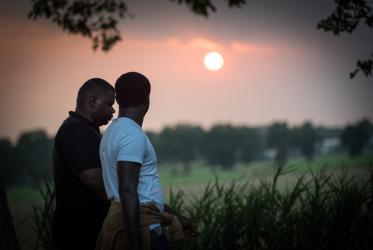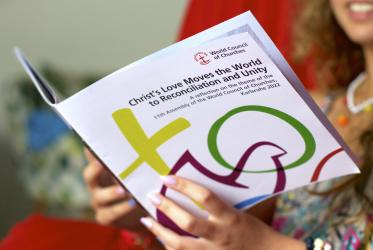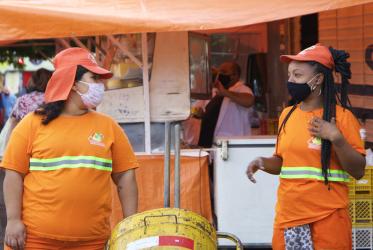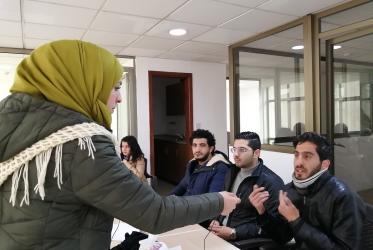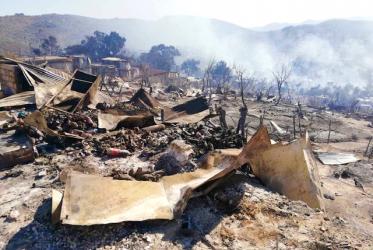Displaying 1 - 20 of 120
Young Black European Christians will share vision for mission
09 November 2023
Migrants in Argentina find listening ears and open hearts
04 November 2022
Assembly workshop looked toward ending AIDS epidemic by 2030
19 September 2022
Are migrants seen and heard? Conference presses the question
19 October 2020



